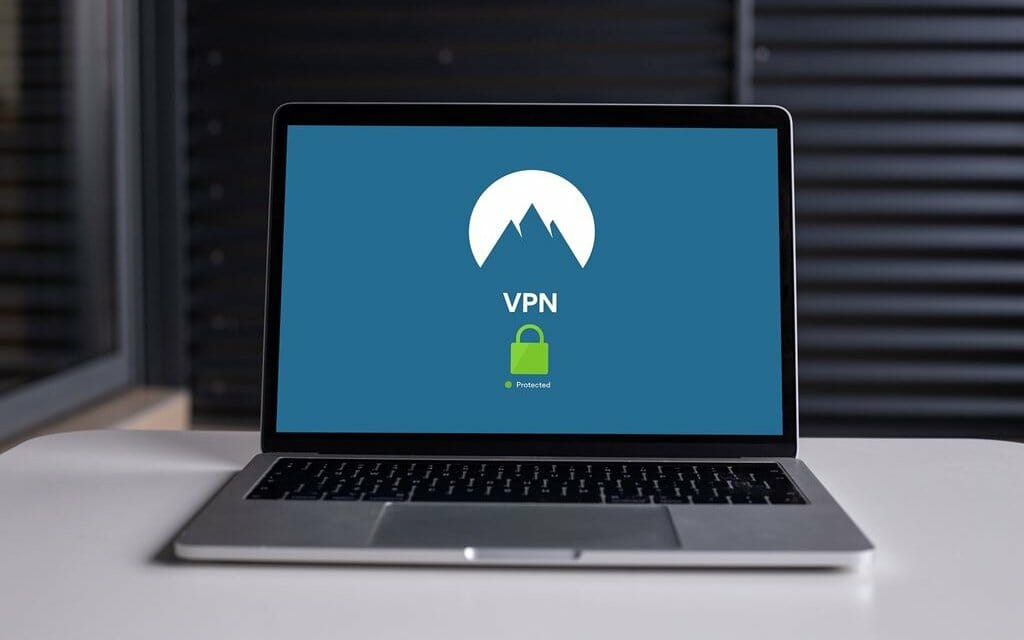
With a VPN, How to Thwart and Avoid Bandwidth Restrictions

Bandwidth restrictions are used to regulate the amount of data that can be transferred over a network connection and to ensure that all users have access to the same speeds.
Many streaming platforms in Australia, such as Netflix, Binge, Amazon Prime Video, and Fetch TV use a system of tiered bandwidth limits to ensure that their users have a reliable streaming experience. To fix this, you can use ExpressVPN, which is the best VPN for Australia. In countries where the content is licensed, it may be illegal to unblock content or register an account. The use of a VPN or not, ExpressVPN does not advocate breaking any agreements or laws.
Other streaming services may also restrict the type of content that can be streamed or the number of simultaneous streams that can be watched.
A Virtual Private Network (VPN) can be used to bypass these restrictions and to access any websites or applications that are restricted by the user’s Internet Service Provider (ISP). Additionally, a VPN can provide an extra layer of security by encrypting the user’s online activity.
What are Bandwidth Restrictions?
Bandwidth restrictions or bandwidth throttling are a type of network control that limit the amount of data that can be transferred over a network connection.
Streaming services in Australia rigorously use this technique to ensure that network resources are used efficiently and that all users can access the same speeds.
Common bandwidth restrictions include maximum bandwidth allocation, maximum bandwidth usage, bandwidth limiting, time-based bandwidth limiting, and rate limiting. Let’s discuss these in detail.
Maximum Bandwidth Allocation
Maximum bandwidth allocation restricts the amount of bandwidth that can be allocated to a particular user or device. This helps to ensure that no single user consumes too much of the available bandwidth.
Maximum Bandwidth Usage
Maximum bandwidth usage restricts the amount of bandwidth a user can use during a given time. This helps to ensure that all users have equal access to the network and that no user monopolizes the bandwidth.
Bandwidth Limiting
Bandwidth limiting restricts the speed of the network connection for a particular user or device. This ensures that the network is not overloaded and that all users have access to the same speeds.
Time-based Bandwidth Limiting
This type of limiting restricts the amount of bandwidth that can be used during specific times of the day, such as peak hours. This helps to ensure that all users have access to the network during peak hours and that no user monopolizes the bandwidth.
Rate Limiting
Rate limiting restricts the amount of data that can be transferred over a certain time. This helps to ensure that the network is not overloaded and that all users have access to the same speeds.
How to Thwart and Avoid Bandwidth Restriction in Australia Using VPN
One way to fix bandwidth restrictions is by setting up a VPN connection. A VPN is a secure, encrypted connection between two computers, such as a server and a client.
By using a VPN, the client can access the server’s resources, bypassing any existing bandwidth restrictions.
To set up a VPN, the user must first configure their router to allow VPN connections. This can be done by following the steps here:
- Login into the router.
- Download and install the appropriate VPN app. We recommend ExpressVPN.
- Set up ExpressVPN’s SmartDNS on the router.
- Connect to the server (Recommended server: New York).
- This will allow you to stream restricted platforms in Australia.
How Australian streaming platforms use bandwidth restrictions
Many Australian streaming platforms use bandwidth restrictions to ensure their users have a reliable streaming experience. These restrictions limit the amount of data that can be transferred over a network connection, ensuring that the network is not overloaded.
Some best TV services and streaming services, such as Netflix, use a system of tiered bandwidth limits. This allows users to choose a plan that best fits their needs, such as a low bandwidth plan for those who don’t need a lot of data or a high bandwidth plan for those who need more data.
Other streaming services may also restrict the type of content that can be streamed. For example, some services may limit the amount of video content that can be streamed on a single device.
Finally, many streaming services use “traffic shaping” techniques. This technique limits the amount of data that can be transferred over a certain time, ensuring everyone has access to the same speeds.
What are the best VPNs to use to thwart and avoid bandwidth restrictions?
The best VPNs to use to thwart and avoid bandwidth restrictions are ExpressVPN, NordVPN, and Surfshark. All three of these VPNs have a range of features that make them well-suited for avoiding bandwidth restrictions.
ExpressVPN
ExpressVPN is the fastest VPN in the market. It offers fast speeds and secure encryption, making it ideal for avoiding bandwidth restrictions. It also offers a wide range of features, such as split tunneling and a kill switch, and can be used on five devices simultaneously.
Surfshark VPN
Surfshark VPN is a budget-friendly VPN, but it has quickly become popular due to its fast speeds and secure encryption. It also offers features such as a kill switch, split tunneling, and MultiHop, and it can be used on an unlimited number of devices.
NordVPN
NordVPN is another popular and reliable VPN. It offers fast speeds and secure encryption, making it ideal for avoiding bandwidth restrictions. It also offers features such as double encryption, a kill switch, and Onion over VPN, and it can be used on up to six devices simultaneously.
Conclusion
Streaming services use bandwidth throttling to ensure their services remain stable and accessible to all users.
ExpressVPN is an effective tool for preventing bandwidth restriction. By providing a fast, secure, and reliable VPN connection, ExpressVPN allows users to access the internet without worrying about bandwidth restrictions.

























